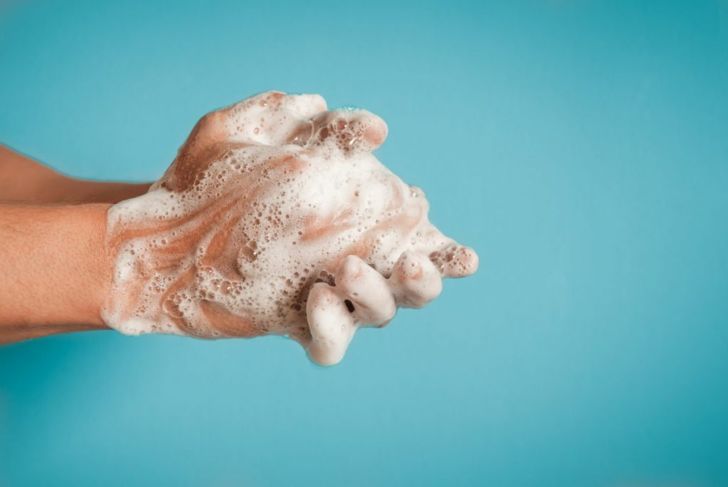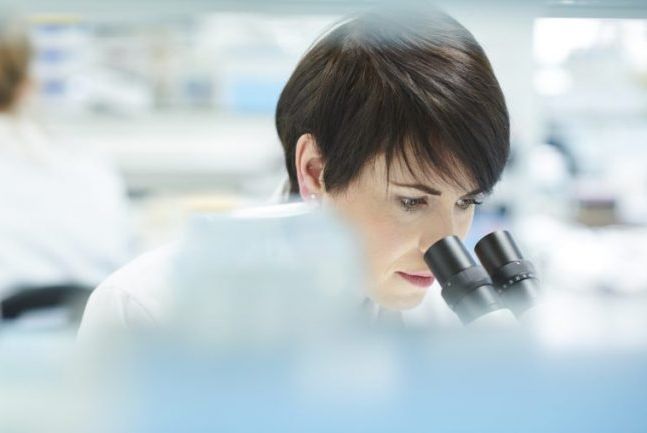OCD stands for obsessive-compulsive disorder. The condition describes a pattern of overwhelming thoughts and fears that lead to repetitive behaviors. These activities turn into obsessions that can interfere with daily activities as well as overall health and wellbeing. Individual people with OCD tend to focus on specific themes, such as contamination by germs or fear of losing things.
Obsession Symptoms
A person with obsessive-compulsive disorder carries out his or her repetitive symptoms in a particular manner. Obsessions may include persistent and unwanted thoughts, urges, or images. These thoughts are intrusive and cause distress or anxiety. People with it might try to get rid of the obsession by performing a compulsive behavior or ritual. An obsession focuses on the thought whereas compulsion refers to the action.
Different Obsessions
Obsession signs and symptoms can vary. Examples of obsessions include contamination while in public, or forgetting to turn off the stove or lock the door. Depending on the person, someone with OCD might experience intense stress when objects aren’t orderly or symmetrical. Counting or following a particular order of actions represents another possible obsession. Each person will have their own repeated thoughts and signs.
Compulsion Symptoms
While OCD obsessions are repeated and unwanted thoughts or urges, OCD compulsions are repetitive behaviors the person feels driven to perform. These repetitive behaviors are meant to reduce anxiety related to the obsessions. However, engaging in the compulsions may only offer temporary relief from stress. The urges could return on a daily basis and become more obsessive over time.
Different Compulsions
Like obsessions, compulsions typically have themes that include washing, cleaning, and following strict routines. These include hand washing until the skin becomes raw, checking doors repeatedly to make sure they’re locked, and counting in specific patterns. People with the disorder may make up rules or rituals to follow that help control the anxiety. Compulsions are often excessive and interfere with daily life.
Causes of OCD
The purpose of the disorder isn’t fully understood. Some of the leading theories involve biological, genetic, and environmental factors. One’s natural chemistry may contribute to his or her OCD while others may have genetic components. Other times, environmental factors such as infections can trigger obsessive-compulsive disorders. Some people have obsessions and compulsions starting at a very young age, while others develop them later in life.
Risk Factors
Family history, stressful life events, and other mental health disorders may contribute to the development of OCD. Having parents or other family members with the disorder may increase the risk of developing it. Stressful or traumatic events may trigger the intrusive thoughts and rituals of obsessive-compulsive disorder. A person may not experience the symptoms until something sparks the thought and it takes over thinking and behavior patterns.
When to See a Doctor
There’s a difference between being a perfectionist and having OCD. Obsessive-compulsive disorder thoughts are not excessive worries about real problems in your life or a desire to have things clean; rather, they consume the individual and interrupt daily life. If obsessions and compulsions are affecting one’s quality of life, he or she should speak to a doctor.
Diagnosis of OCD
To diagnose OCD, the doctor may start with a physical exam to rule out any other problems. After the physical exam, lab tests and psychological evaluations are common for diagnosing the disorder. Sometimes it can be challenging to diagnose, but working with your doctor will get you the appropriate diagnosis and treatment.
Treatment
Treatment may not result in a cure, but it can help bring symptoms under control. Some people need treatment for the rest of their lives. The two primary treatments for OCD are psychotherapy and medications. Psychotherapy involves gradually exposing a person with OCD to a fear or obsession and learning healthy ways to cope with the anxiety.
Medications
Along with psychotherapy, people with OCD might take medicine that can help control the obsessions and compulsions. Most commonly, the doctor will prescribe antidepressants first. As with any medical treatment, there are risks and benefits of using medications.

 Home
Home Health
Health Diet & Nutrition
Diet & Nutrition Living Well
Living Well More
More




















